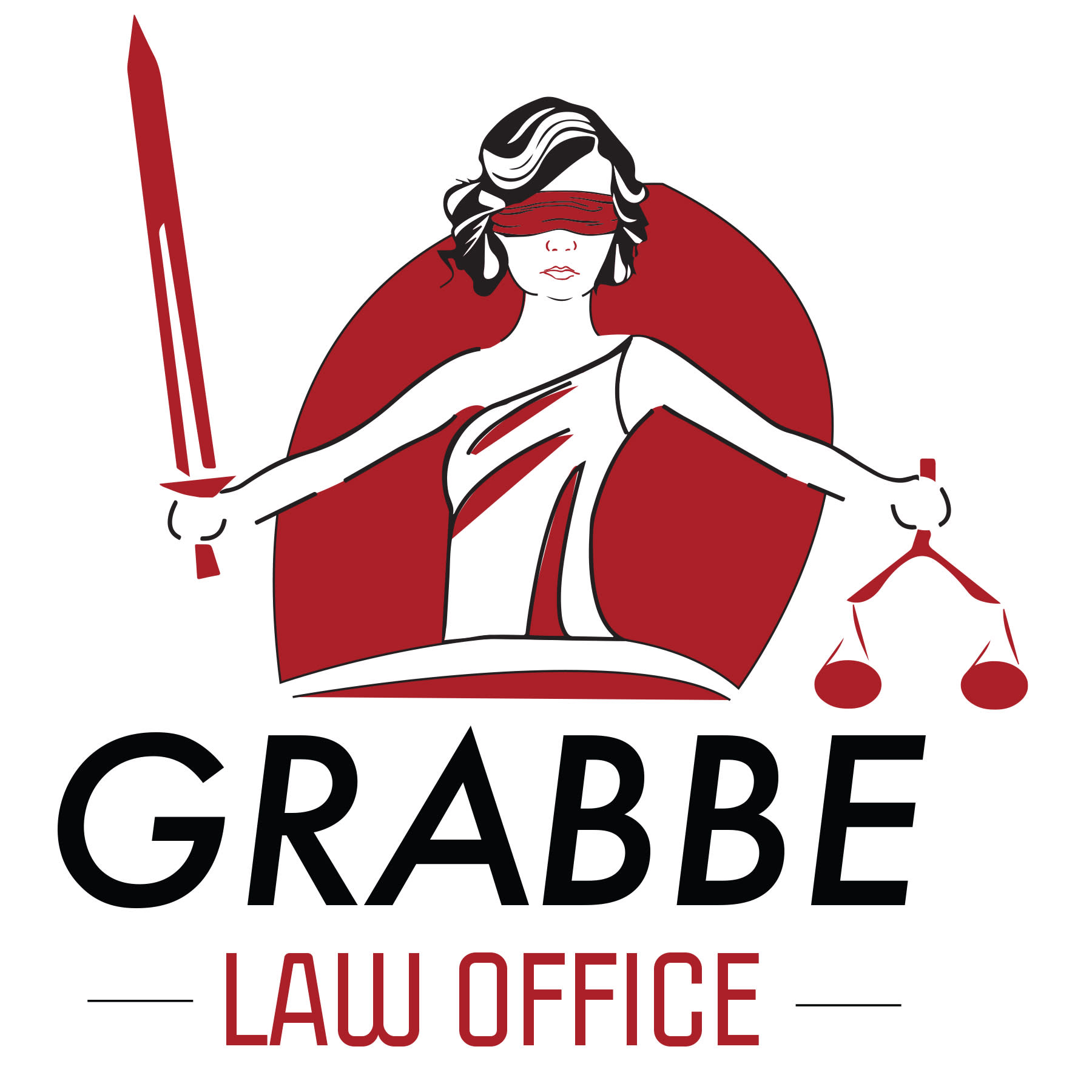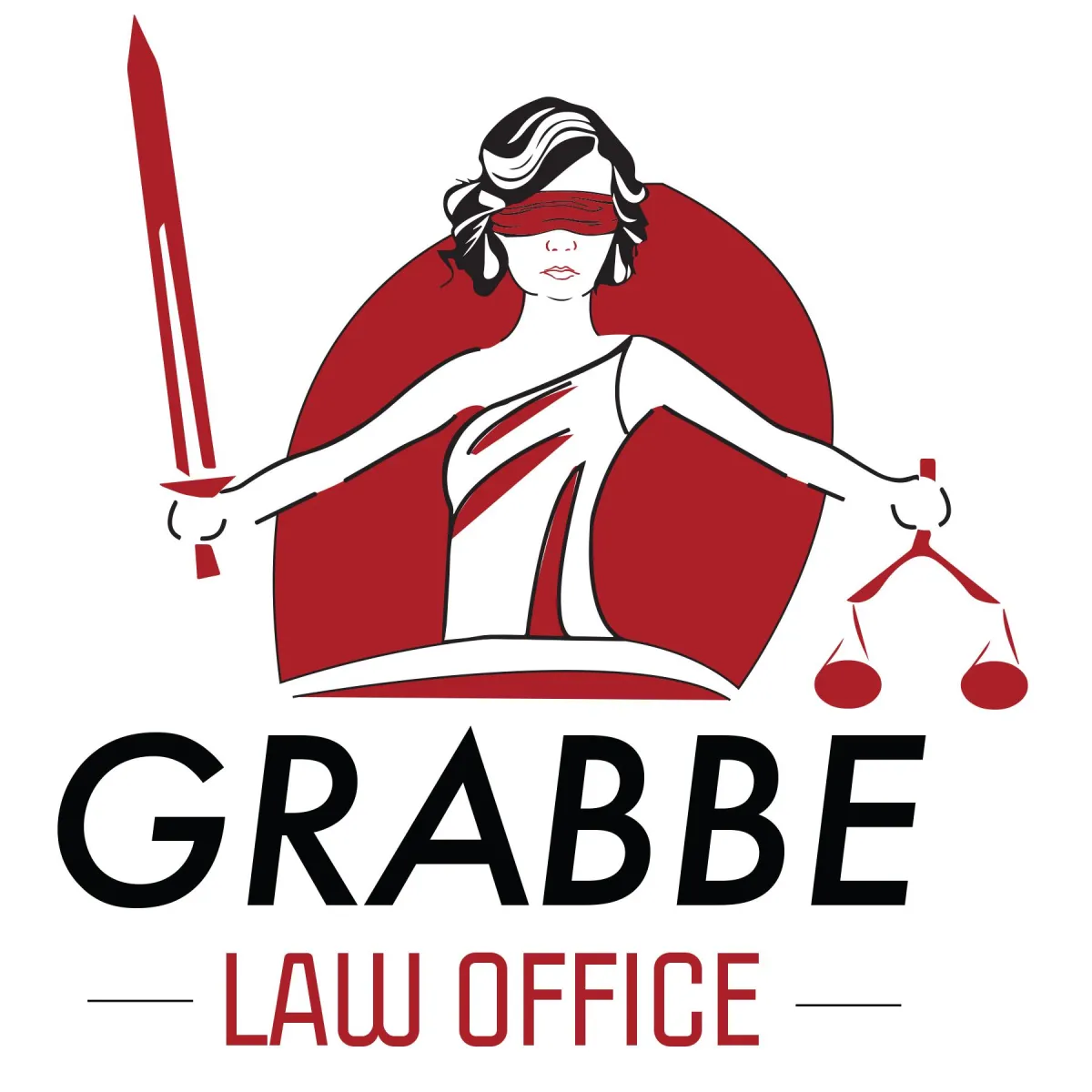Welcome to the Blog!

Different Types Of Intellectual Property
Broadly speaking, intellectual property is a non-physical property that is the result of human creativity. Examples of intellectual property include music, literature, inventions, and slogans, just to name a few. In many situations, the owners of these intellectual properties may wish to protect their intellectual property from people or businesses eager to copy them or steal them. While there are different types of intellectual property, the four most common are copyrights, patents, trademarks, and trade secrets. Depending on the intellectual good you need to protect, your intellectual property may fall into one of these categories. In some cases, you may find it beneficial to use more than one form of protection. Consider visiting with an experienced intellectual property attorney from Grabbe Law Office at 785-621-4711 to help you protect your intellectual property.
Understanding Copyrights
Copyright law protects the manner in which the owner of the intellectual property expressed his or her idea. Some common forms of intellectual property that receive copyright protection include:
● Books
● Paintings
● Plays
● Photographs
● Video
● Audio recordings
It is important to note that copyright protects the way in which the owner expresses his or her idea. For example, an author may write a poem about the first snowfall of winter. While the subject (the first snowfall) cannot be copyrighted, the poem about the first snowfall may be copyrighted.
Any creator of this kind of intellectual property may apply for copyright registration at the United States Copyright Office. Many creators choose this form of intellectual property protection, and in 2019 alone, the United States Copyright Office issued over 547,000 registrations.
Understanding Patents
The United States Patent and Trademark Office defines patents as, “the grant of a property right to the inventor, issued by the United States Patent and Trademark Office.” In other words, a patent protects an invention and gives the owner exclusive rights over who can or cannot sell, make or distribute their invention. For example, a pharmaceutical company may develop a vaccine they don’t want other businesses creating and distributing. Patents usually last for 20 years from the time that the inventor filed for a patent. The United States Patent and Trademark Office recognizes three types of patents.
● Utility patents, which are granted for inventions. These patents may cover machines, manufactured items, and improvements to a product.
● Design patents, which are granted for a new and original design of a product. These designs are ornamental - meaning they do not impact how the product works.
● Plant patents, which are granted for new plant varieties that are created through grafting or layering.
The process of applying for a patent with the U.S. Patent and Trademark Office can be a long one, sometimes lasting several years. It can also cost thousands of dollars in fees. It may be helpful to work with an experienced patent attorney, as the process can be complicated.
Understanding Trade Secrets
Trade secrets are valuable information that gives a person or business a competitive advantage and that the person or business wishes to keep secret. These might be a formula, an invention, a recipe, a design, or a process. Some examples of trade secrets include:
● Surveys
● Special algorithms
● Customer lists
● Formulas for a beverage
● Business plans
Trade secrets are unique when it comes to the different types of intellectual property because they do not require registration. Instead, a person or business can designate a trade secret by requesting other parties to sign a non-disclosure agreement or by protecting the trade secrets through post-employment restrictive contracts, or by limiting who has access to the databases where they store the information.
Understanding Trademarks
Among the different types of intellectual property, trademarks are the most common. The World Intellectual Property Organization reports that 15.2 million applications for trademarks were filed in 2019, outpacing patents by 13 million. Trademarks protect words, phrases, symbols, sounds, and even smells that differentiate a business and represent a brand. Common trademarks include business and product names, logos, and slogans. You may want to consider contacting a trademark attorney for additional information.
A person or a business can file for a trademark by filling out a trademark application with the U.S. Patent and Trademark Office. Prior to filling out the application, however, they should ensure that a similar or the same trademark does not exist elsewhere. When applying for the trademark, the person or business should demonstrate how they intend to use the image with their services and products. Trademarks last for ten years (if renewed properly) and begin from the date that the person or business is granted a place on the trademark register. It may be helpful to hire an intellectual property attorney who is knowledgeable about trademarks and can assist if there are any infringements on the trademark after the intellectual property is registered. The attorneys at Grabbe Law Office can give you guidance navigating the process, and you can learn more about your legal options. Give us a call today to let us help you protect your intellectual property!
Other Types of Intellectual Property
While copyrights, patents, trademarks, and trade secrets are among the most common of the different types of intellectual property, other forms of intellectual property exist, as well. This may include the right of publicity, in which a person prevents someone else from using their name and photo to promote a service and database right, which prevents the copying of significant portions of information in a database. Laws surrounding intellectual property can vary based on where a person or a business is based, so it may be beneficial to consult an experienced intellectual property attorney.
The Benefits Consulting an Intellectual Property Attorney
With so many different types of intellectual property protection options, determining the best route to protect your intellectual property can be legally complex and confusing - and even after you have determined the best process for protecting your creations, navigating that process can be difficult. A knowledgeable intellectual property attorney can help you determine the best way to protect your intellectual assets. The experienced attorneys at Grabbe Law Office can assist you in filing for your Trademark, and protecting those assets. Contact our legal team at 785-621-4711 to learn more.








